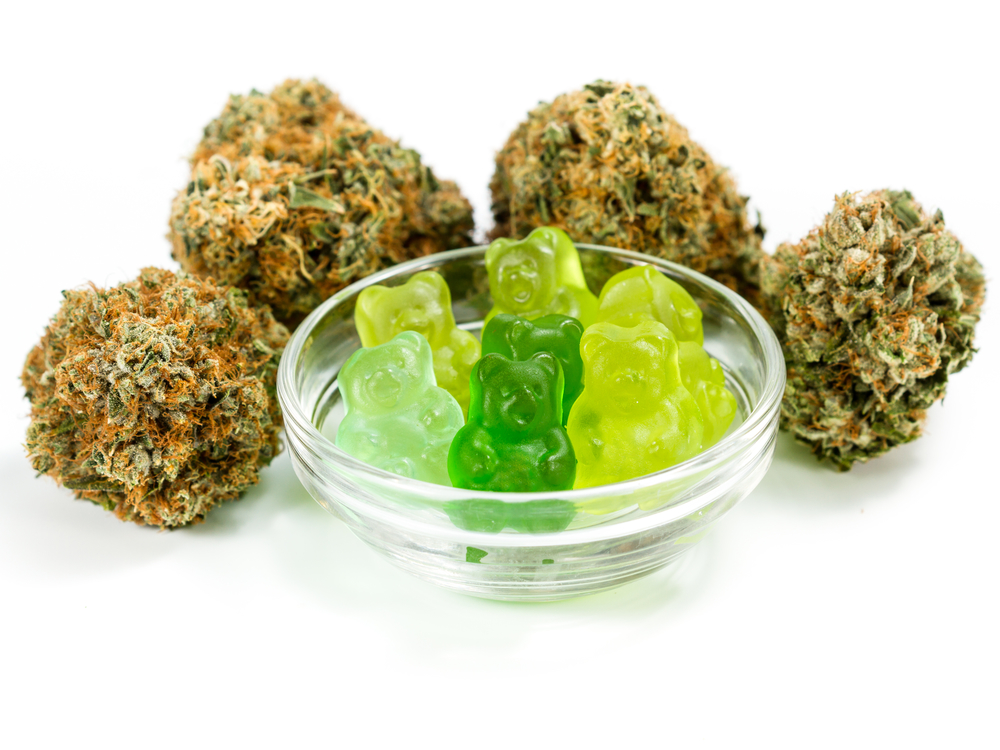You are here
Home 🌿 Cannabis Technology News 🌿 Manitoba gobbles up all the legal edibles in sight, but analysts wary of future of new products 🌿Manitoba gobbles up all the legal edibles in sight, but analysts wary of future of new products

Edibles are flying off the shelves in Winnipeg, but analysts warn that it’s too early to tell whether the tasty new treats will prove filling or leave a bad taste in the mouth.
Cannabis-infused edibles, extracts, beverages and topicals became available in the province — and most of the country — on Dec. 17, although they have been hard to come by since then.
“We have been kind of cyclically selling out of these products,” John Arbuthnot, CEO of Delta 9 cannabis stores, told CBC. “Anecdotally, I mean, it was a very positive reception.”
Tokyo Smoke and Tweed stores — both owned by Canopy Growth Corporation — have experienced the same high demand. “Overall for the edible category, we are seeing a strong response from our guests, with most products selling out quite quickly once they are received in stores,” said Kelly Olsen, head of merchandising, planning and allocation for Canopy.
But as the holiday season fades in the rear-view mirror, will the demand persist or will the novelty wear off like an unwanted Christmas present?
Last year, Deloitte estimated the edible and extract market could be worth as much as $2.7 billion annually, but some analysts aren’t buying it, particularly in light of the legal offerings currently on sale.

“We are seeing 19-year-olds; we’re seeing 70-year-olds coming into the store.” / Photo: FILE Delta 9 CEO John Arbuthnot.
“I thought that was ridiculous,” Chris Damas, president of BCMI Research and editor of the BCMI Cannabis Report, said of the estimate. “I’m saying it’s tens of millions, because there’s not enough THC in these things to attract the experienced users,” Damas said.
“You can get a chocolate bar for $20 with 100 mg of THC in it at an illicit dispensary, so we still are facing this problem of the grey market,” he added.
Tokyo Smoke, Tweed and Delta 9 also offer cannabis-infused chocolates and gummies of varying strengths, but nothing exceeding 10 mg of THC.
Vaporizers have also proven popular at Delta 9, Arbuthnot said, and he expects infused beverages to bring in a lot of new users once they finally arrive on store shelves. He said it will be difficult to tell how the market shakes out until all the products are available.
“What we have seen — and this stays consistent throughout these (new) 2.0 product categories — is that we really can’t put a fine point on it,” Arbuthnot said. “We are seeing 19-year-olds; we’re seeing 70-year-olds coming into the store.”

“The one thing I think most people underestimate is just because something is illegal doesn’t mean that the supply is haphazard.” / Photo: Fokusiert / iStock / Getty Images Plus Fokusiert / iStock / Getty Images Plus
But Phil Cyrenne, an economist at the University of Winnipeg, said he isn’t so sure the new consumers will stick to legal channels once they have more experience with the products.
“The one thing I think most people underestimate is just because something is illegal doesn’t mean that the supply is haphazard,” Cyrenne said. “In some sense, if these illegal suppliers have been around for a while, they must be doing something fairly good,” he said.
The edibles market might have trouble keeping up with illicit channels if regulators don’t adapt, Cyrenne noted. “Obviously there is a market for people who want to have it, in some sense, quality-controlled in terms of knowing exactly how much THC is in it, but I guess the great unknown is how big that market is.”
420 Intel is Your Source for Marijuana News
420 Intel Canada is your leading news source for the Canadian cannabis industry. Get the latest updates on Canadian cannabis stocks and developments on how Canada continues to be a major player in the worldwide recreational and medical cannabis industry.
420 Intel Canada is the Canadian Industry news outlet that will keep you updated on how these Canadian developments in recreational and medical marijuana will impact the country and the world. Our commitment is to bring you the most important cannabis news stories from across Canada every day of the week.
Marijuana industry news is a constant endeavor with new developments each day. For marijuana news across the True North, 420 Intel Canada promises to bring you quality, Canadian, cannabis industry news.
You can get 420 Intel news delivered directly to your inbox by signing up for our daily marijuana news, ensuring you’re always kept up to date on the ever-changing cannabis industry. To stay even better informed about marijuana legalization news follow us on Twitter, Facebook and LinkedIn.




